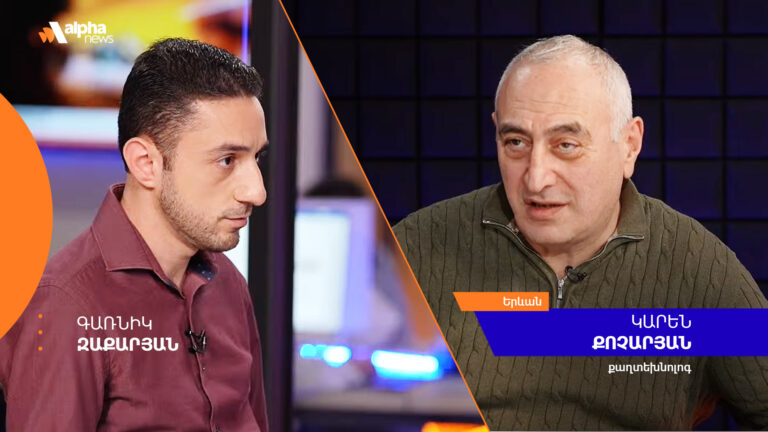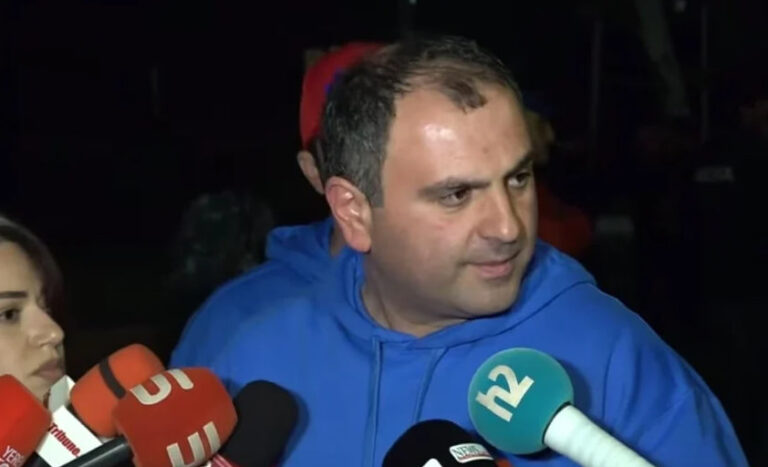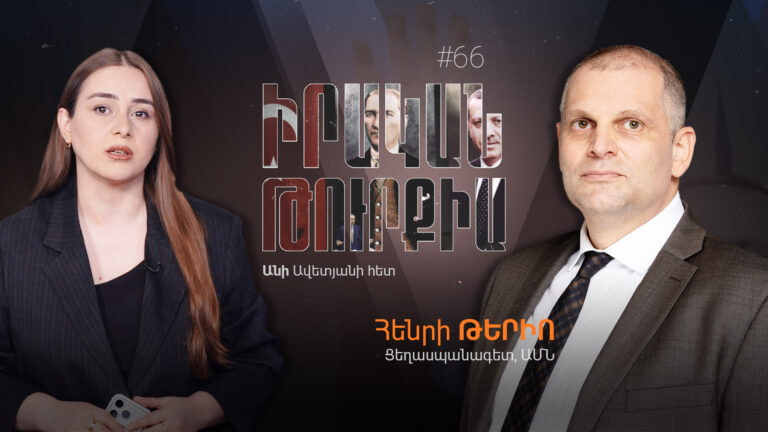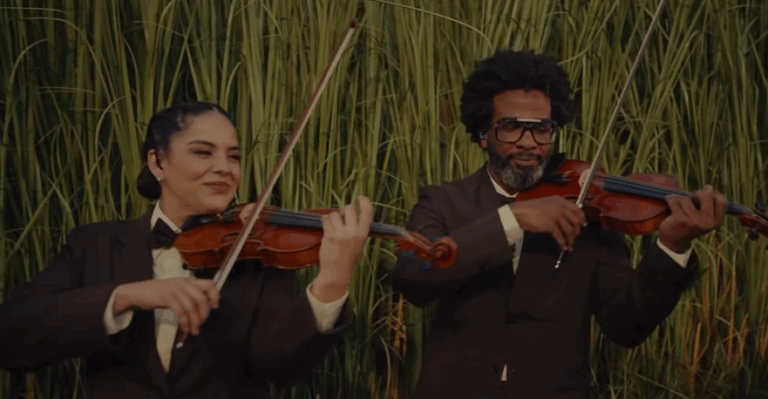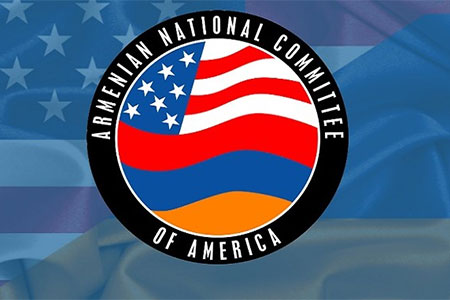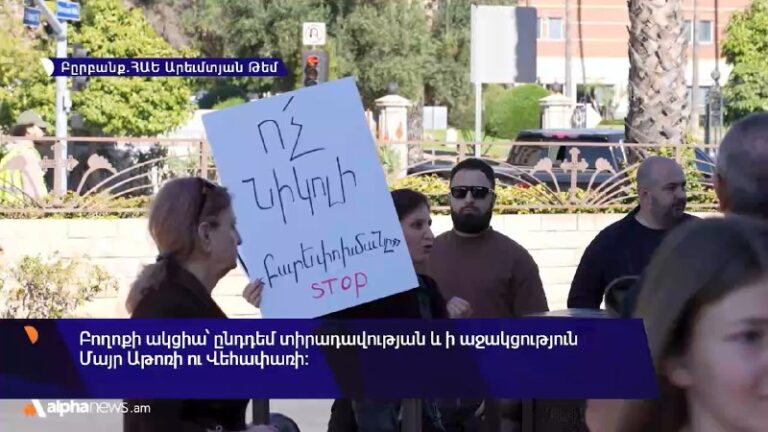Sergei Melkonian | What will happen in 2025? Artsakh, Armenia, New World Order
January 09 2025, 20:00
As part of the “What will happen in 2025? Artsakh, Armenia, New World Order” project, Alpha News talked with Sergei Melkonian, Research Fellow at APRI Armenia.
According to the expert, taking into account Baku’s demands, Armenia and Azerbaijan will hardly sign a peace agreement in 2025.
“Azerbaijan creates conditions under which Armenia will weaken by ceding and surrendering territories. The demands that Baku puts forward are impossible for Armenia. Those are negotiations with the ‘community of Western Azerbaijan’ or amendments to the country’s Constitution. Azerbaijan is not interested in concluding a peace agreement with Armenia. And peace can be secured in two ways: by force and by alliances. Yes, Armenia is arming itself to ensure a balance of power, but we have a problem with alliances. The alliances that Armenia is part of do not work, but at the same time, Armenia does not create new alliances,” Sergei Melkonian said.
One of Baku’s demands is a road through Syunik that would connect Azerbaijan with Nakhichevan. However, Aliyev wants to get the road without control, that is, the corridor that Turkey and Azerbaijan call “Zangezur.” According to Melkonian, official Yerevan’s statements show that Armenia has agreed to provide this road under a simplified procedure, that is, without customs and border control. Otherwise, he believes, Baku will use force to obtain this “corridor.”
“Armenia has stated at the highest level that it is ready to provide Azerbaijan with a transit route through Syunik in a simplified manner, which can actually be called a corridor. But along with this, we see that Azerbaijan continues to accumulate troops, weapons and ammunition in Nakhichevan and in the south of temporarily occupied Artsakh to use the window of new opportunities and try to open the ‘corridor’ by force. In 2024, a lot of diplomatic work was done, and an international consensus was reached to open the road. But the question of who should control it has become secondary,” Sergei Melkonian stressed.
According to Melkonian, the Armenian government is pursuing a pro-Turkish foreign policy. Despite official Yerevan’s statements that the country is already outside the CSTO, the expert believes that Armenia will not rush to begin the de jure process of leaving this organization.
“If the United States decides to take a more confrontational approach towards Russia, then, yes, Armenia’s role for them will increase. The West has one way to link to Armenia: through Turkey. This means that pressure may be exerted to open the Armenian-Turkish border, and Armenia may become part of Turkey’s zone of influence. And our Western partners explicitly state that they are not ready to provide us with security guarantees. They have neither the political will nor the capabilities for this. Consequently, Yerevan understands that if it does not receive these guarantees, it should remain in the CSTO for now, at least formally. The CSTO is part of Armenia’s security architecture. If we quit this organization and have no other security guarantees, we will find a new enemy in Russia. Having no other allies, one should not make new enemies,” Sergei Melkonian concluded.

